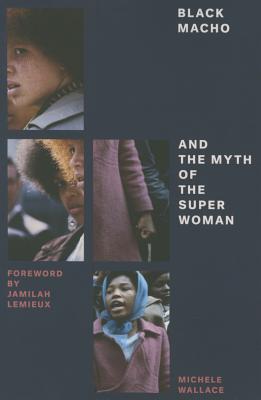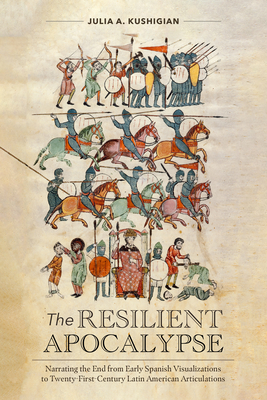
Rogers, Anna S.
This book provides a sociological examination of gender issues concerning the evolving place and role of women in the world of heavy metal. Grounded in feminist theories of gender difference and in close dialogue with relevant thematic studies from various perspectives, the study specifically analyzes how women are perceived to 'do gender' by members of the heavy metal community, which has traditionally been largely composed of men and is commonly known for its hypermasculine qualities.
Relying on semi-structured interviews with self-identified fans of heavy metal, this work reveals that the respondents describe their music subculture as traditionally dominated by men. Yet, they also note distinct signs of the progress women have made in entering into and participating within the heavy metal culture on terms aspiring to equality with the men of their music community.
Despite the changes that are perceived as legitimately positive for women, both in the world of heavy metal and in terms of women's broader standing in society, gendered conditions driven by masculinity continue to exist for women in heavy metal. Even as women are slowly yet steadily finding their way to develop what might one day become, but as of now not yet is, a realized and acknowledged identity and culture of heavy metal feminism, patterns of masculinity continue to hamper gender equity in this area of popular culture.







